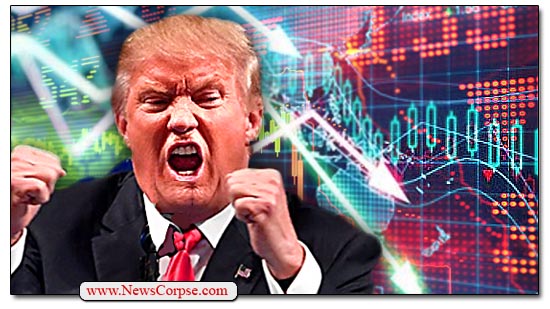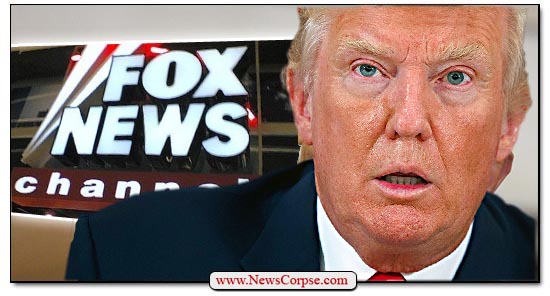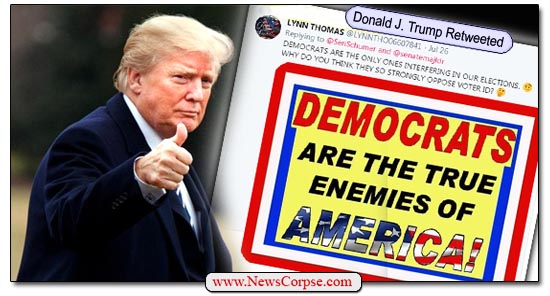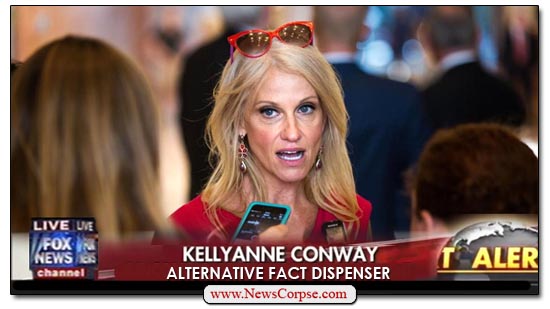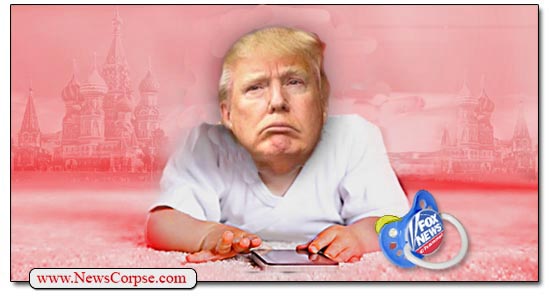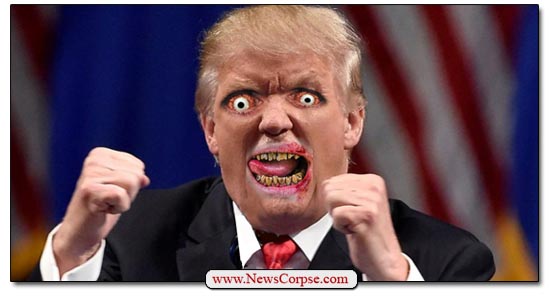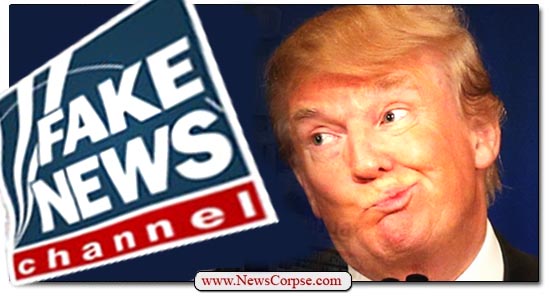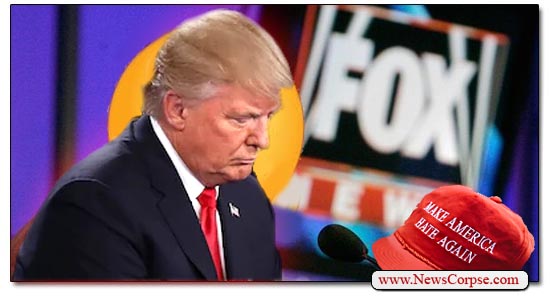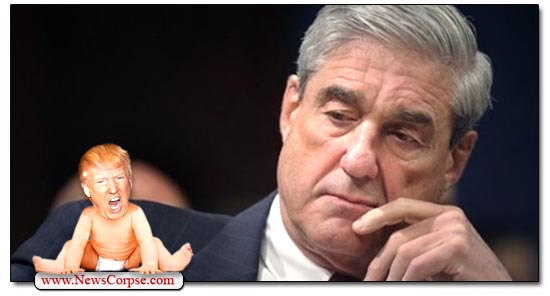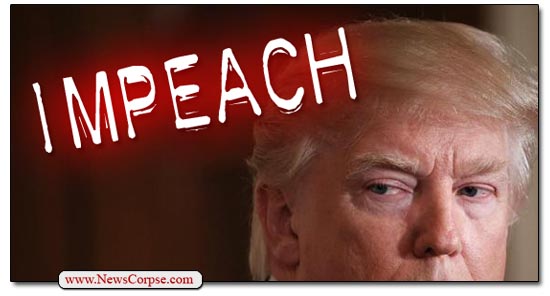For much of his presidency, Donald Trump has been railing against the Federal Reserve Board (FED) for not being a mindless functionary that obeys his every command (like his incompetent Cabinet and the GOP jellyfish in Congress). What he obviously doesn’t understand is that there is a reason that the FED was designed as an independent agency that is insulated from pressure by the White House. Their objectives are often not aligned.
Trump would very much like to see the FED cut rates because all he is looking for is the short-term stimulative effect that a rate cut has on the stock market. That’s partly because he wants to artificially boost the market in advance of the 2020 presidential election. He often uses the market as a gauge for the health of the economy. That’s a viewpoint that only someone utterly ignorant about these matters could hold. The performance of the stock market only tells you what institutional investors think about the valuation of equities, which fluctuate independent of the broader economy. The economy, on the other hand, is comprised of many other factors such as consumption, employment, wages, trade, and inflation.
Trump has very likely been advised that there are flashing warning signs that the stock market is heading for a significant decline. It is currently in the midst of the longest bull market in history. That isn’t something to brag about. It means we are overdue for a correction. Homes sales, wage stagnation, depressed treasuries, illiquid credit, and the exploding debt, are all indicators that generally forecast a recession or worse.
But Trump doesn’t care about that. He has another motivation for cutting interest rates that is entirely personal. Contrary to his thoroughly bogus branding, Trump is failed businessman who has racked up hundreds of millions of dollars in debt, much of it with variable-rate loans. When he took office in 2017 he was the most indebted president in history, owing more than $350 million to Deutsche Bank alone. That debt is expensive to service. But when interest rates go down, so do the costs of servicing debt. Bloomberg reports that prior rate increases “may raise President Donald Trump’s cumulative cost from the U.S. central bank’s hikes since his inauguration to $6 million per year.”
So Trump has a distinct personal benefit when interests rates decline. That, and the political benefit of artificially (and temporarily) goosing the stock market, makes it wholly inappropriate for him to be battering the FED to lower rates with such ferocity and hostility. Were the FED to buckle to his demands it would leave the nation with no tools to respond when a real economic crisis occurs. That would result in what might have been a mild and manageable correction turning into a full blown recession.
How Fox News Deceives and Controls Their Flock:
Fox Nation vs. Reality: The Fox News Cult of Ignorance.
Available now at Amazon.
As usual, the people who would be hurt most by that would be the lower and middle income families whose savings would deplete and whose jobs would disappear. The rich would suffer a decline in their net worth, but would remain rich and well positioned to profit when the economy turns around. That is a built-in inequity in our economic system that advantages the wealthy by design. And Trump is purposefully exploiting it for personal gain, without the least bit of consideration for the harm it will cause to millions of working Americans.

